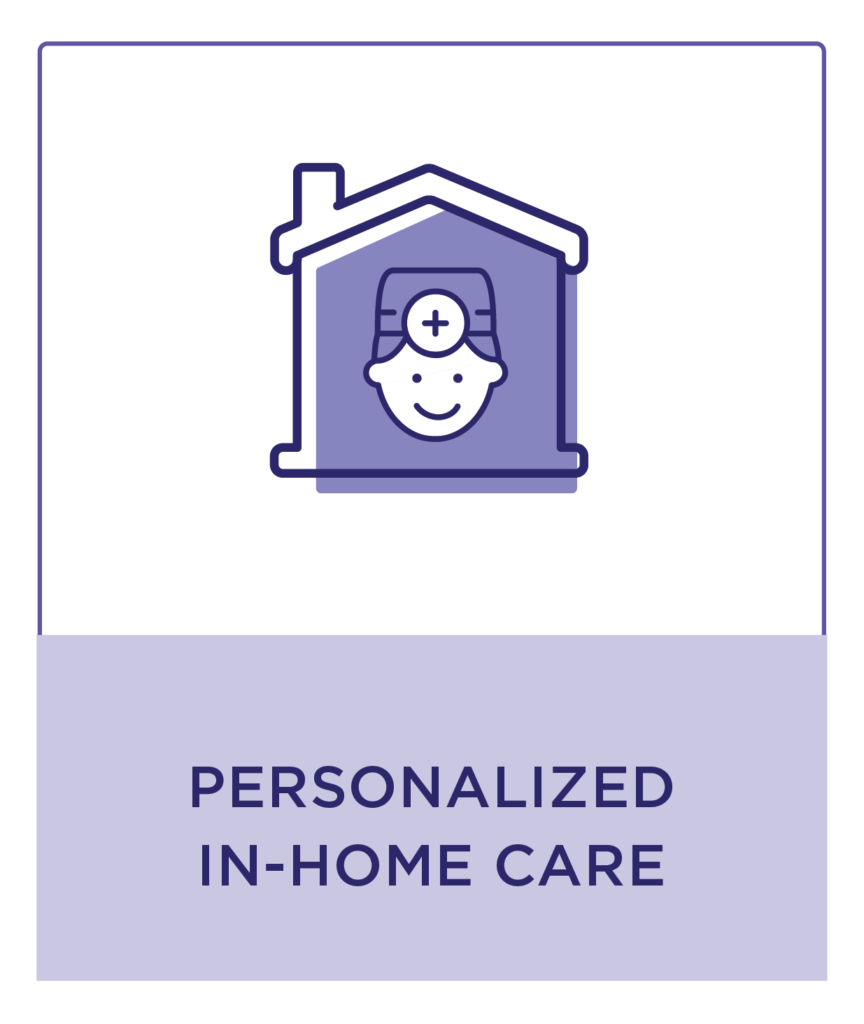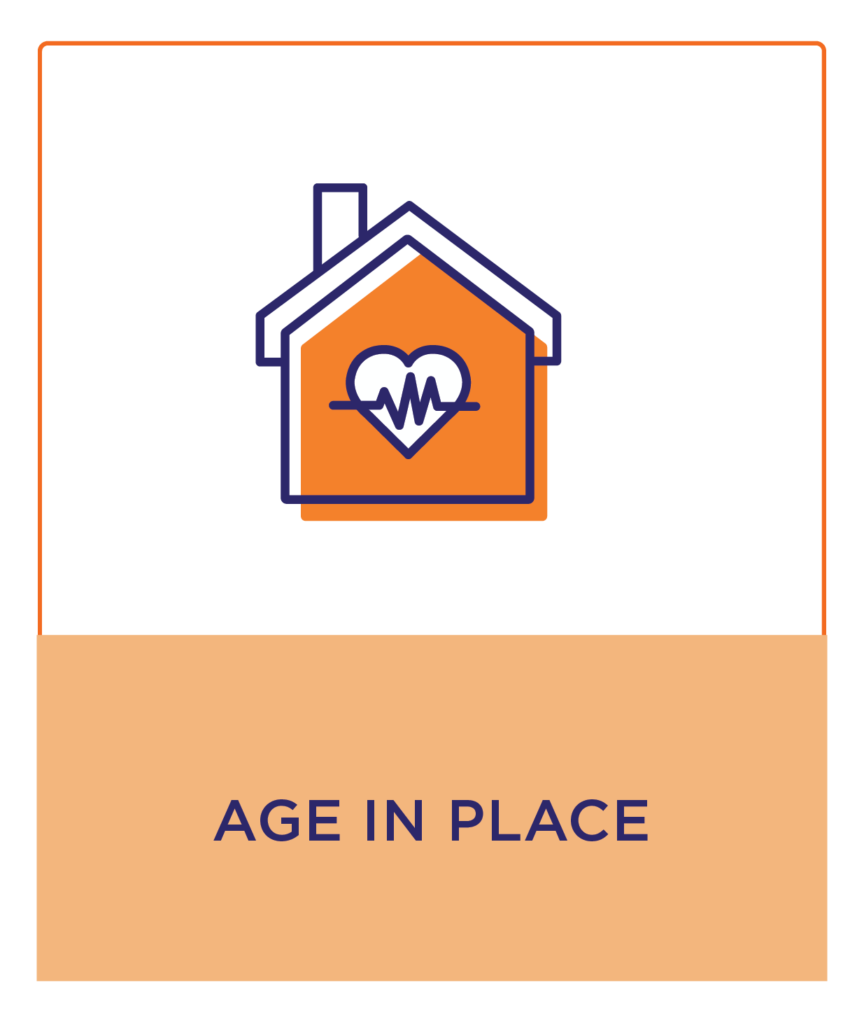Physical, Occupational, & Speech Therapy
Can You Benefit From These Important Interventions?
The goal of Physical Therapy is to help you with getting around comfortably and freely. Physical Therapy (or PT) is a skilled rehabilitative service that concentrates on balance, mobility, functional independence, pain management, and the best quality of life possible. Occupational Therapy, in contrast, is focused on improving your activities of daily living. Occupational Therapy (or OT) is a skilled rehabilitation intervention that focuses on increasing functional independence, social participation, and quality of life. Speech-Language Pathology is a related rehabilitative intervention focused on assessing, diagnosing, and treating disorders related to speech, language, social communication, cognition, and swallowing. If you need assistance with locating any of these services, please don’t hesitate to contact our team.
Sub-Services Provided
- Physical Therapy
- Occupational Therapy
- Speech-Language Pathology

FAQ's
Physical therapy is focused on improving balance, mobility, functional independence, pain management and overall quality of life. If you have any of the signs below, it may be time to consider whether physical therapy might help improve your quality of life. Remember, this checklist is meant to be helpful, but most interventions begin with a referral from your physician, so don’t hesitate to chat with your caregivers about whether these interventions might be appropriate for you.
- I worry I’ll fall
- I sometimes feel dizzy
- I wear glasses
- I’ve fallen in the past 6 months
- I take several prescription medications
- I often feel depressed or hopeless
- I exercise vigorously
- I sometimes feel unsteady walking
- It’s hard for me to get up from a chair or the couch
- I take extra care getting ready in the morning because I feel off-balance
Occupational therapy is focused on improving your ability to carry out activities of daily living, or ADL’s. If you have any of the signs below, it may be time to consider whether occupational therapy could be beneficial for you. Remember, this checklist is meant to be helpful, but most interventions begin with a referral from your physician, so don’t hesitate to chat with your caregivers about whether these interventions might be appropriate for you.
- I’m weak from illness or injury
- I’m tired, short of breath, or have trouble doing tasks that used to be simple for me.
- I struggle to bathe, dress, eat, or use the restroom without assistance.
- It’s hard for me to get in and out of chairs, in and out of bed, or in and out of the shower.
- I have fallen frequently, or lose my balance doing certain tasks like tying my shoes.
- I can’t see well
- I have pain when I do certain functional tasks, like buttoning a shirt.
- I use an assistive device.
- I am more dependent on a family or caregiver.
Speech Language Pathology, or Speech Therapy, can be helpful in assessing, diagnosing, or treating disorders related to speech, language, communication, cognition, and swallowing. If you have any of the signs below, it may be time to consider whether Speech Language Pathology is appropriate. Remember, this checklist is meant to be helpful, but most interventions begin with a referral from your physician, so don’t hesitate to chat with your caregivers about whether these interventions might be appropriate for you.
- I can’t chew or swallow properly
- I often cough when I eat or drink
- I don’t have much appetite anymore
- I’ve lost quite a bit of weight
- I struggle with carrying on a conversation
- I don’t communicate as much anymore
- I feel confused and have trouble remembering
- My voice is much higher or lower than before
- I have a hoarse or harsh sound to my voice
Have a Question?
Get in Touch!
No matter what your question is, we’re here to help. Use the form on the right to provide us with a few details about yourself and a member of the Aging Care Solutions team will be in touch.



